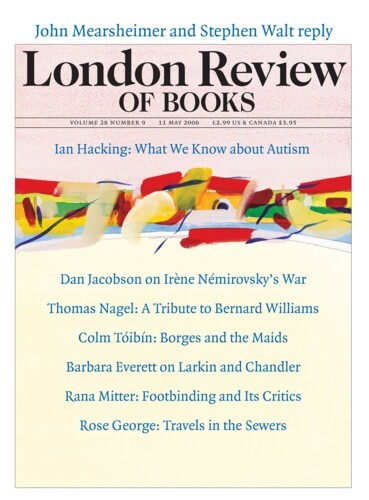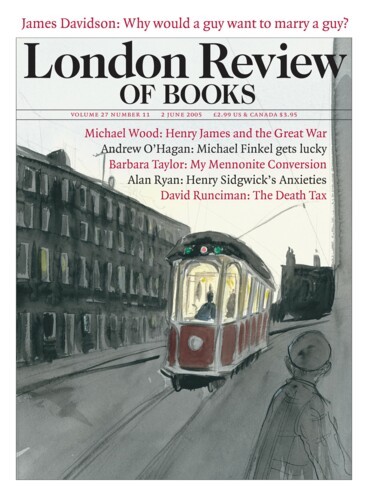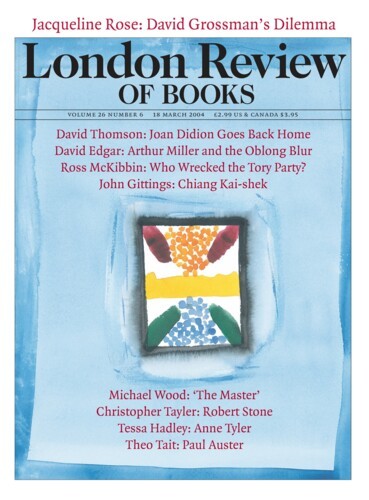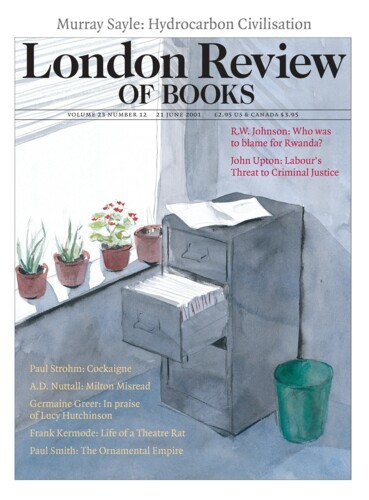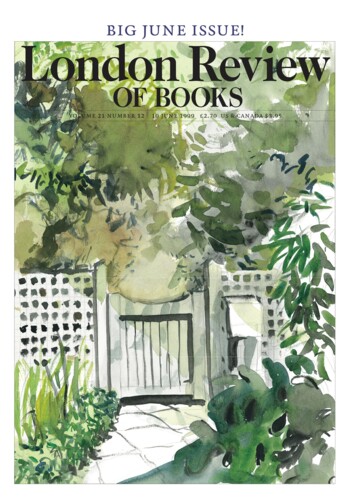So long as you drub the foe: Army-Society Relations
Geoffrey Best, 11 May 2006
For it’s Tommy this, an’ Tommy that, an’ ‘Chuck him out, the brute!’, But it’s ‘Saviour of ’is country’ when the guns begin to shoot.
Rudyard Kipling wrote ‘Tommy’ in order to call attention to a couple of questions that were not new then and are with us still: what sort of an army do we need, and how do we regard and use the...
